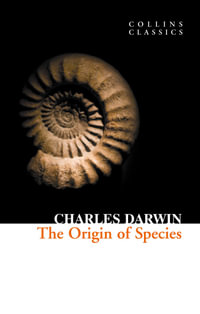‘Alas that mortals
Should blame the gods! From us, they say,
All evils come. Yet they themselves
It is who through defiant deeds
Bring sorrow on them-far more sorrow
Than fate would have them bear.’
Attributed to the blind Greek poet, Homer, THE ODYSSEY is an epic tale about cunning and strength of mind. It takes its starting point ten years after the fall of the city of Troy and follows its Greek warrior hero Odysseus as he tries to journey to his home of Ithaca in northwest Greece after the Greek victory over the Trojans.
On his travels, Odysseus comes across surreal islands and foreign lands where he is in turn challenged and supported by those that he meets on his travels as he attempts to find his way back home in order to vanquish those who threaten his estate. In turn, his son Telemachus has to grow up quickly as he attempts to find his father and protect his mother from her suitors.
Dealing with the universal themes of temptation and courage, the epic journey that Odysseus undertakes is as meaningful today as it was almost 3,000 years ago when the story was composed.
About The Author
Homer (ancient Greek: Ὅμηρος), or Omero (in Italian), is a legendary ancient Greek epic poet, traditionally considered the author of the epic poems the Iliad and the Odyssey. No reliable biographical information about Homer survives from classical antiquity, and he is generally considered a legendary, rather than a historical figure. The Iliad and the Odyssey are now considered by many to be the products of a centuries-long tradition of orally composed poetry; the role of an individual poet, or poets, in composing the poems is a matter of dispute. According to some scholars, the Iliad and the Odyssey are the product of the same poet, but for others, such as Martin West and Seaford, the Iliad and the Odyssey were composed by different poets. For other scholars, such as Gregory Nagy, the epics are not the creation of any individual, but rather slowly evolved towards their final form over a period of centuries; in this view, the poems are the collective work of generations of poets.
Homer's works begin the Western Canon and are universally praised for their poetic genius. By convention, the compositions are also often taken to initiate the period of Classical Antiquity.



























